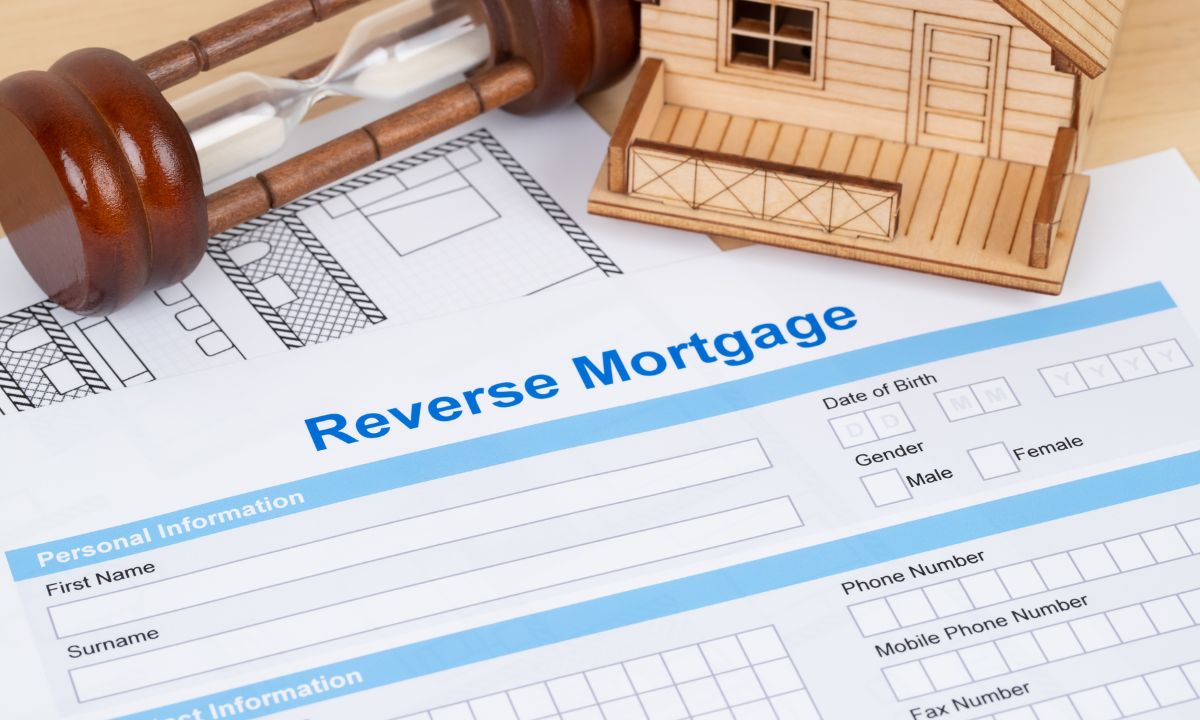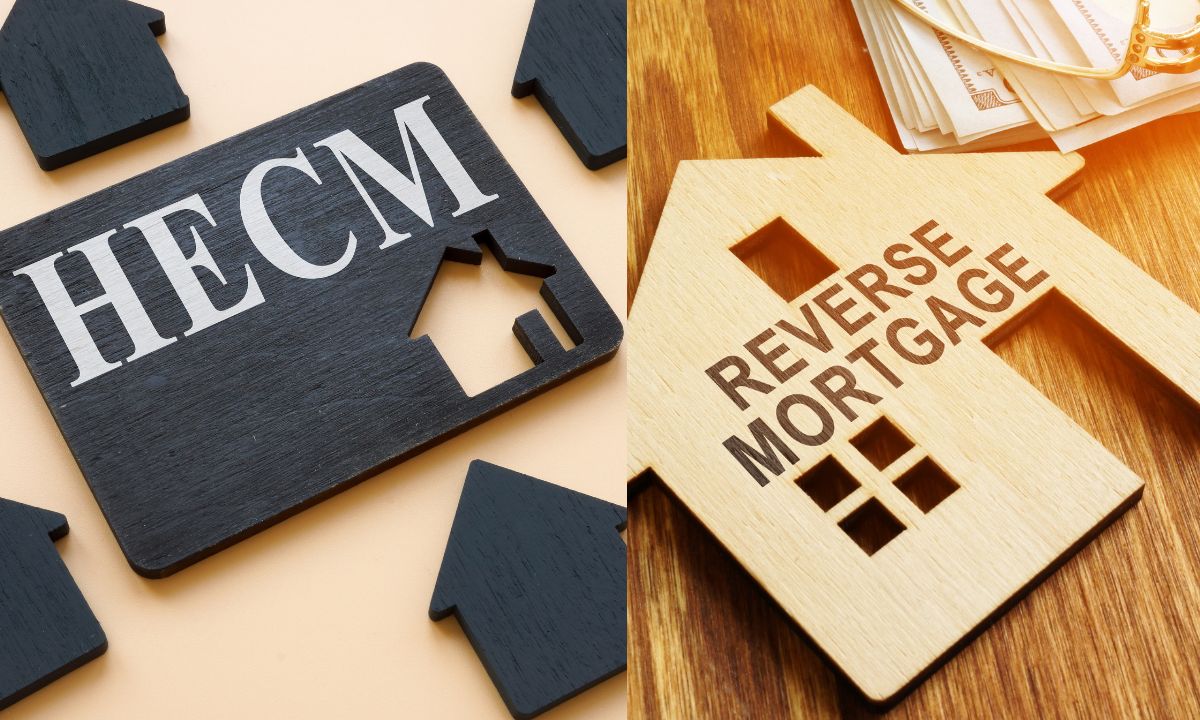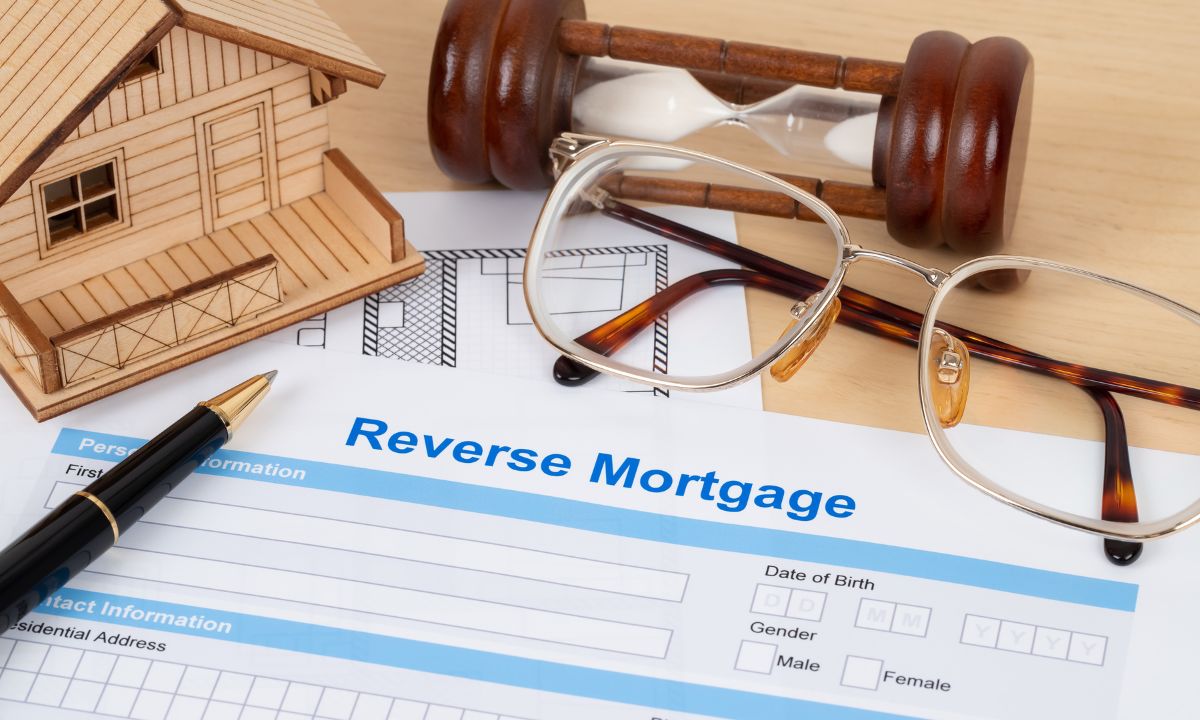Can You Refinance a Reverse Mortgage Loan?
 If you have a reverse mortgage loan, you might be curious about your options for refinancing. The good news is that yes, you can refinance a reverse mortgage, and doing so may offer several benefits depending on your unique financial situation. We will provide a detailed overview of refinancing a reverse mortgage, including reasons to consider it, eligibility requirements, costs, and important considerations.
If you have a reverse mortgage loan, you might be curious about your options for refinancing. The good news is that yes, you can refinance a reverse mortgage, and doing so may offer several benefits depending on your unique financial situation. We will provide a detailed overview of refinancing a reverse mortgage, including reasons to consider it, eligibility requirements, costs, and important considerations.
1. Why Refinance a Reverse Mortgage?
Homeowners often choose to refinance their reverse mortgage loans for various reasons, primarily centered around financial flexibility and accessing more equity. Here are some common motivations:
- Accessing More Equity: If the value of your home has significantly increased since you took out your reverse mortgage, refinancing can allow you to tap into that additional equity. This can be particularly beneficial if you need funds for home improvements, healthcare costs, or other financial needs.
- Lowering Your Interest Rate: Market conditions fluctuate, and if interest rates have decreased since you initially secured your reverse mortgage, refinancing could help you secure a lower rate. This can lead to substantial savings over the life of the loan, making your financial situation more manageable.
- Adding a Spouse: If you’ve gotten married or have a partner living in the home, refinancing can allow you to add them to the reverse mortgage. This ensures they will have continued access to the home and its equity, providing peace of mind for both parties.
- Changing Loan Terms: Refinancing might also offer you the opportunity to adjust your loan terms, such as moving from a variable interest rate to a fixed rate, which can provide more predictable monthly expenses.
2. Eligibility Requirements
Refinancing a reverse mortgage isn’t as simple as it may seem; there are specific eligibility criteria you need to meet:
- Equity Requirements: Most lenders will require you to have at least 50% equity in your home. This is important because the lender wants assurance that there is sufficient value in the property to cover the loan.
- Age Requirement: To qualify for a reverse mortgage, borrowers must typically be at least 62 years old. This age requirement holds true for refinancing as well, as it’s designed to protect senior homeowners.
- Financial Assessment: Lenders will assess your financial status, including your credit score, income, and other financial obligations. They want to ensure you can maintain the costs associated with the new loan.
- Tangible Benefit: The new loan must provide a “tangible benefit,” which means it should either lower your monthly costs, increase your loan amount, or provide other significant financial advantages.
3. Costs and Considerations
While refinancing a reverse mortgage can be advantageous, it’s essential to consider the associated costs:
- Closing Costs: Just like with any mortgage, refinancing involves closing costs, which can include lender fees, title insurance, and attorney fees. These costs can accumulate quickly, so it’s crucial to factor them into your decision.
- Appraisal Fees: You may also incur costs for a new appraisal, which is necessary to determine the current value of your home. This step is vital for refinancing, as it establishes how much equity you have.
- Loan Origination Fees: Some lenders charge origination fees for processing the new loan. It’s wise to shop around for the best rates and terms to minimize these fees.
- Consideration of Long-Term Goals: Before moving forward, it’s vital to weigh these costs against the potential benefits. Are you planning to stay in the home long enough to recoup the costs through savings? Consulting with a financial advisor or mortgage professional can provide personalized insights tailored to your specific situation.
Refinancing a reverse mortgage can be a smart financial move, especially if it aligns with your long-term financial goals. However, understanding the process, eligibility requirements and associated costs is crucial for making an informed decision. Whether you’re looking to access more equity, lower your interest rate, or include a spouse, being proactive and well-informed will help you navigate this opportunity effectively.

 Retirement planning is about ensuring you have a steady income stream to support yourself comfortably. For many retirees, tapping into the equity in their homes becomes an attractive option. Two terms often come up in this context: reverse mortgage and Home Equity Conversion Mortgage (HECM). Although they are related, there are some critical differences between them. Understanding these options can help you make an informed decision about what suits your financial needs.
Retirement planning is about ensuring you have a steady income stream to support yourself comfortably. For many retirees, tapping into the equity in their homes becomes an attractive option. Two terms often come up in this context: reverse mortgage and Home Equity Conversion Mortgage (HECM). Although they are related, there are some critical differences between them. Understanding these options can help you make an informed decision about what suits your financial needs. When you first opted for a reverse mortgage, it might have felt like the perfect solution to tap into your home equity and enjoy your retirement without monthly mortgage payments. As time passes, your financial situation, goals, or the market itself can change, making you wonder: “Can I refinance my reverse mortgage?” The answer is yes, but it’s essential to understand what is involved before making a move.
When you first opted for a reverse mortgage, it might have felt like the perfect solution to tap into your home equity and enjoy your retirement without monthly mortgage payments. As time passes, your financial situation, goals, or the market itself can change, making you wonder: “Can I refinance my reverse mortgage?” The answer is yes, but it’s essential to understand what is involved before making a move.